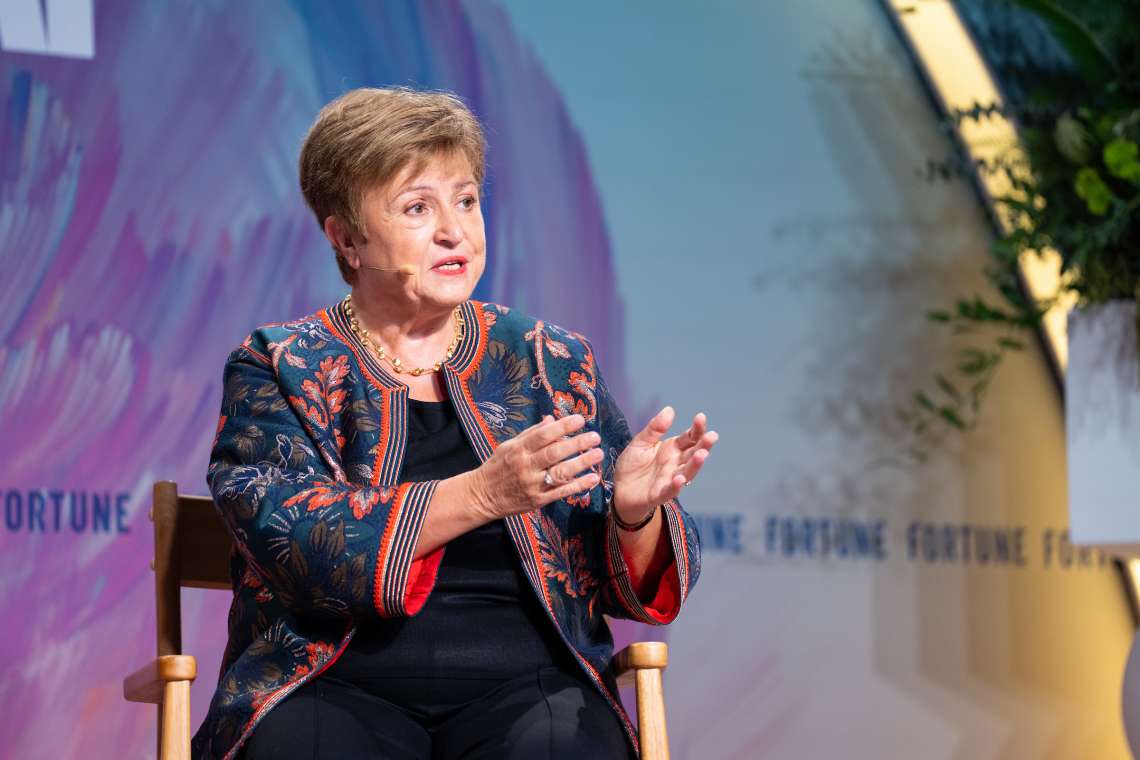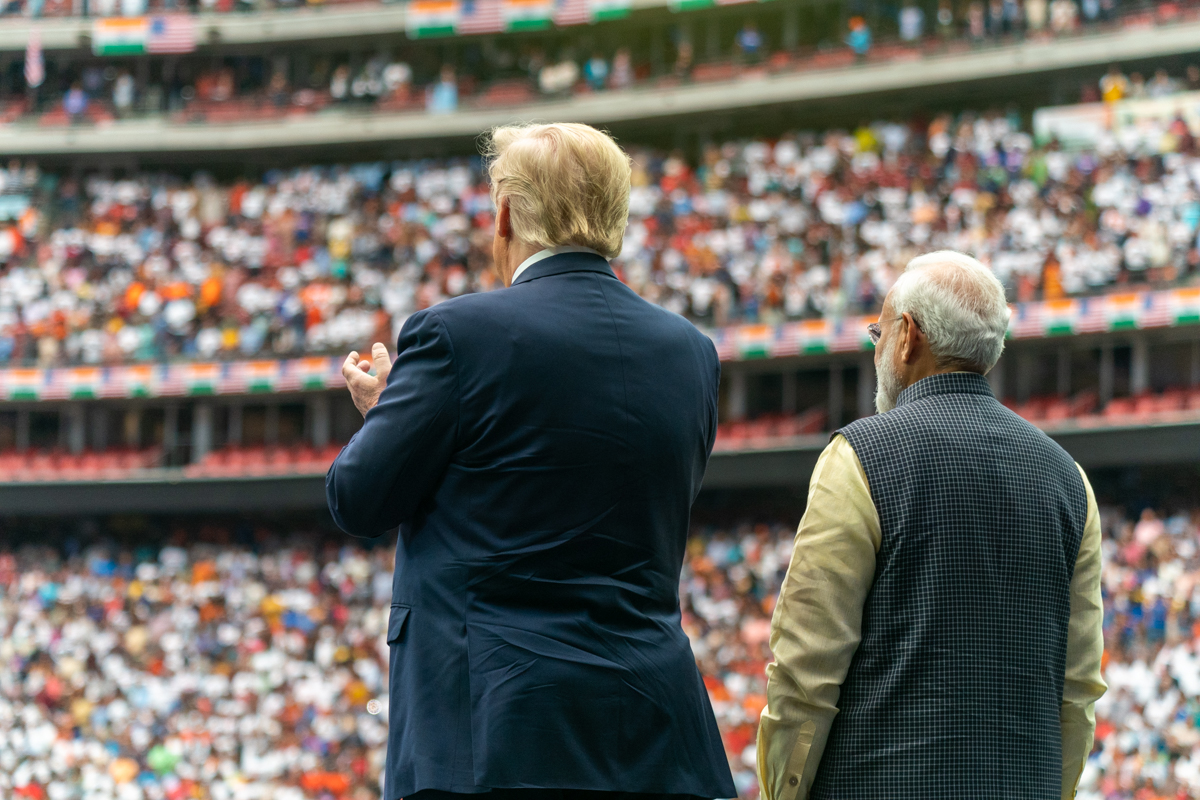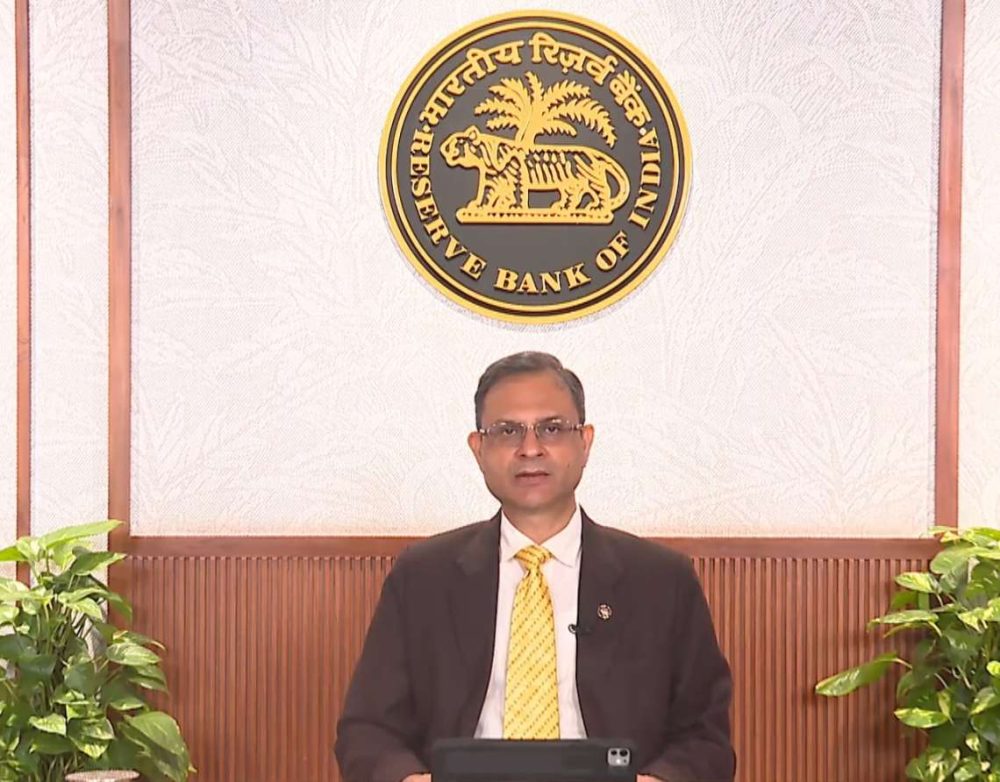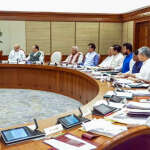Calling himself an “experimental economist”, Zoho CEO said that the idea of the “economic engine” could be for a city or a district….reports Asian Lite News
India needs economic engines at every district level for a balanced regional development, cloud software major Zoho’s CEO Sridhar Vembu said on Saturday.
Calling himself an “experimental economist”, he said that the idea of the “economic engine” could be for a city or a district.
“I always ask ‘what do we sell to the rest of the world from this region, to balance against all the things we buy from the rest of the world?’ — that stuff we sell from our region is the economic engine,” Vembu posted on X social media platform.
We then take the revenue from that economic engine and consider the “value added in the region” which includes all the labour income as well as the profits paid to people in the region.
“Now regional prosperity is very easily understood: what is the value added per person (including all the population of the region) by our ‘economic engine’? If that measure is high, we have a prosperous region,” he explained.
For example, Zoho adds an economic value of $100 million a year to the Tenkasi region in Tamil Nadu.
With a population of about 1.4 million in the district, Zoho’s own contribution to regional prosperity would be about $70 per person at the entire district level.
“We need such economic engines at every district level in India, in all our 800+ districts. That is the key to balanced regional development,” the Zoho founder emphasised.
If a rural district in India is able to achieve even $1,000 per capita value added in its economic engines, it would be prosperous.
This would be a measure of “value added per capita by what the region exports to the world outside this region”.
Meanwhile, Zoho Founder and CEO Sridhar Vembu on Monday said that no country will lecture India about World Trade Organisation’s (WTO) norms anymore after the US imposed hefty tariffs on Chinese electric vehicles (EVs).
In March, China started dispute settlement proceedings against the US at the WTO, accusing Washington of “discriminatory” EV subsidies.
Last week, US President Joe Biden unveiled plans to quadruple tariffs on Chinese EVs.
“The US has imposed big new tariffs on Chinese EVs. Trade frictions, particularly between the US and China, are escalating rapidly,” Vembu posted on social media platform X.
“At least, no one will lecture India about “WTO norms” anymore. More seriously, this is the inevitable outcome of decades of extreme monetary madness, which gave rise to exploding trade deficits and debt,” he elaborated.
The Biden move plans to hike tariffs this year on Chinese EVs from 25 per cent to 100 per cent and on lithium-ion EV batteries from 7.5 per cent to 25 per cent.
ALSO READ: Made in India Range Rovers Soon














